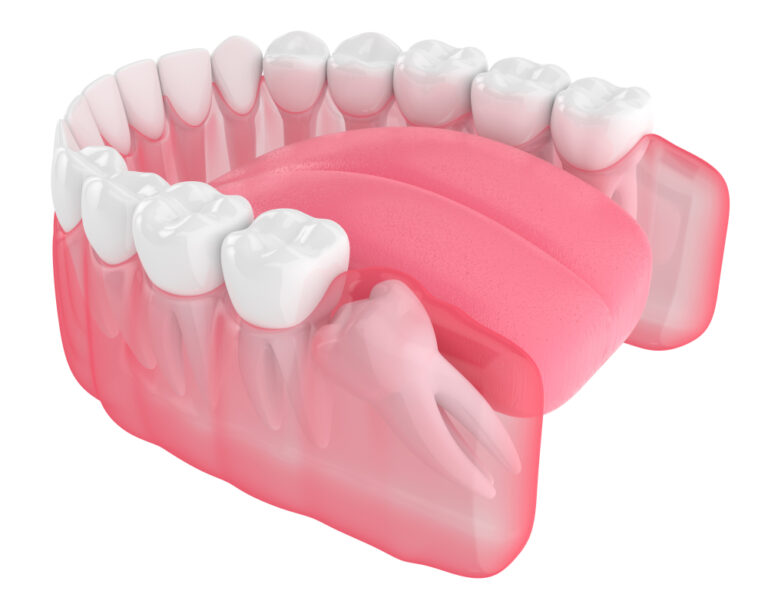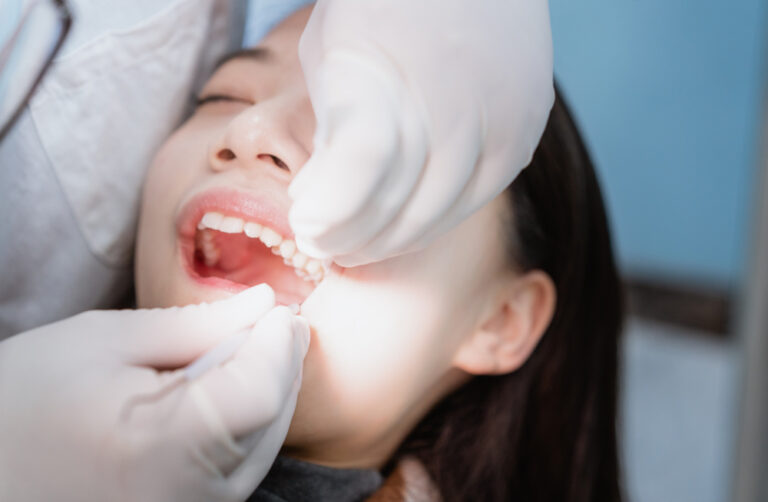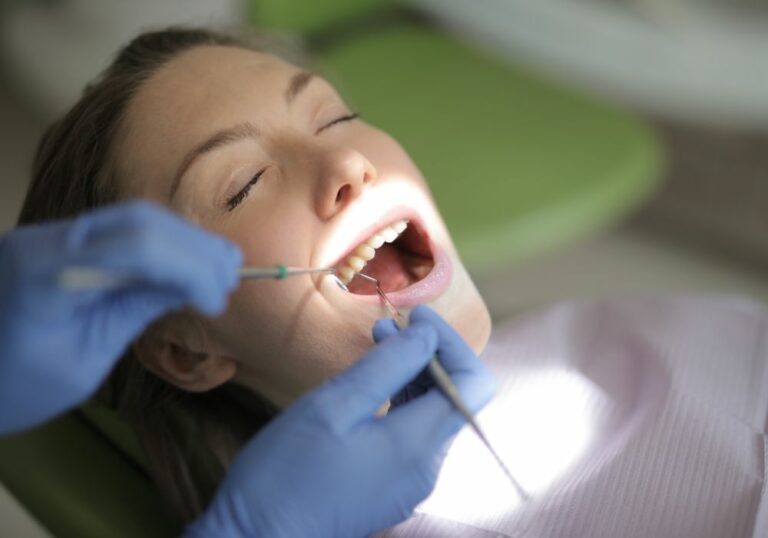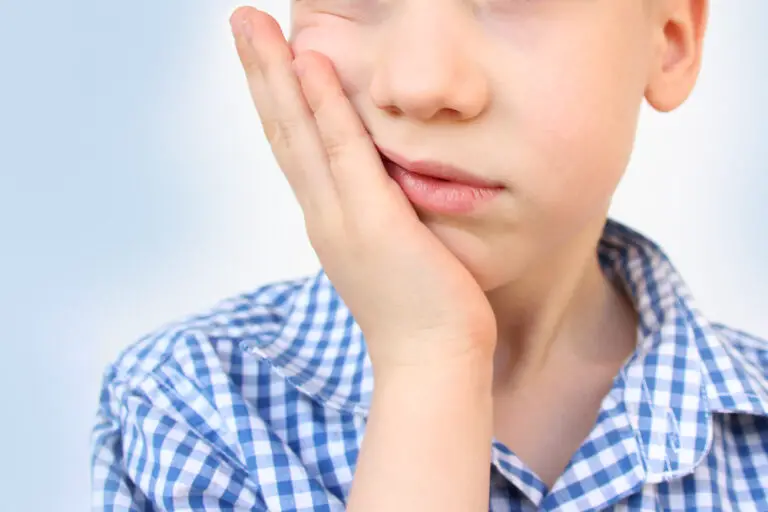Teeth chattering, also known as bruxism or teeth grinding, is a condition characterized by excessive grinding, clenching, or rubbing of the teeth. It typically occurs during sleep but can also happen when awake. Teeth chattering can range from mild to severe, and it can have serious dental and health consequences if left untreated.
What triggers teeth grinding?
There are a number of potential causes and risk factors for bruxism, including:
1. Stress and anxiety
One of the most common triggers for teeth grinding is stress and anxiety. High levels of stress prompt clenching and grinding of the teeth, especially during sleep. Grinding teeth can be an unconscious physical manifestation of mental stress and pent up tension. As stress hormones like cortisol increase in the body, the muscles also clench up, including along the jawline.
Major life stressors like difficulties at work, financial pressures, or conflict in a relationship can all heighten stress and anxiety enough to spur bruxism. Even daily stresses can build up over time and lead to teeth grinding that provides unconscious stress relief.
2. Genetics
Research suggests that some people may have a genetic predisposition to teeth grinding. Having a parent or sibling who grinds their teeth puts you at significantly higher risk of developing bruxism yourself. Specific genes that affect brain chemicals like dopamine and serotonin or regulate sleep cycles may be involved. The exact genetic link is still being studied.
3. Medications
Certain prescription drugs are associated with increased teeth grinding, especially medications that act on the central nervous system like dopamine agonists, antidepressants, and antipsychotics. Drugs like amphetamines that stimulate the nervous system may also play a role. The drug side effects appear to disrupt normal sleep patterns and muscle activity which can trigger bruxism.
4. Sleep disorders
Problems like sleep apnea, which causes impaired breathing and frequent awakenings at night, are strongly connected to teeth grinding. The constant disturbance of deep, restorative sleep stages appears to contribute to grinding. Other conditions like restless leg syndrome also lessen sleep quality and may make bruxism more likely.
5. Alcohol, caffeine, and tobacco
Consuming alcohol, caffeine, or tobacco products too close to bedtime can interfere with sleep and prompt teeth grinding at night. Alcohol leads to restless sleep, while stimulants like caffeine and nicotine impair ability to fall into deep sleep stages. Tobacco also causes withdrawal effects overnight. These substances disrupt sleep homeostasis and can trigger teeth grinding.
6. Aggressive personality type
Some research points to a potential link between bruxism and certain aggressive, ambitious, competitive personality types. This personality structure may manifest physically with clenching, grinding, or tapping of the teeth. However, more research needs to confirm if there is a correlation between personality traits and teeth grinding.
7. Gastroesophageal reflux disease
GERD causes stomach acid to leak back up the esophagus, leading to irritation and pain. Teeth grinding may sometimes develop as a symptom of GERD, especially during sleep, as the acid causes discomfort and physical manifestations from the stress on the body.
8. Misaligned bite
In some cases, a poor bite alignment or malocclusion can contribute to teeth grinding as the upper and lower jaws do not fit together properly. This puts added stress on the chewing muscles as they strain to fully close the mouth. Alterations to the bite through dental work like braces may help reduce grinding in these instances.
Risk factors
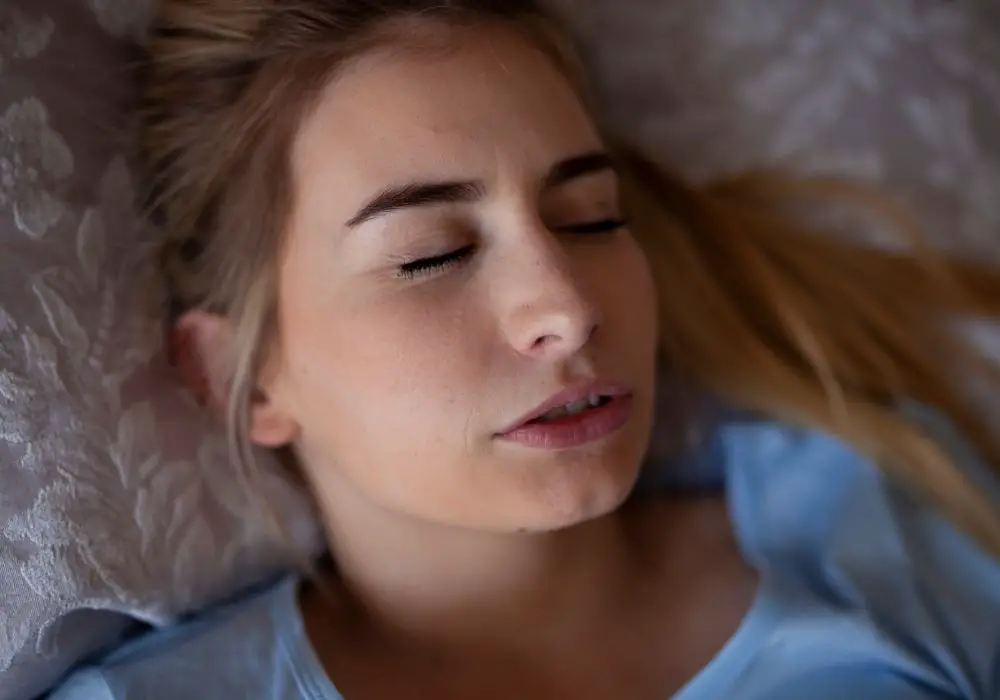
Certain factors appear to increase risk for bruxism, including:
- Age – Bruxism often intensifies with age as stressful life situations accumulate and factors like GERD increase. The prevalence among adults age 60+ is very high.
- Sex – Teeth grinding occurs in both genders but appears slightly more common overall in women.
- Certain psychiatric conditions like depression, bipolar disorder, and obsessive-compulsive disorder may predispose sufferers to bruxism.
- ADHD and autism also show increased incidence of teeth grinding.
- Use of alcohol, tobacco, caffeine or stimulant medications.
- High-stress occupations and lifestyles.
Signs and symptoms
In addition to audible grinding noises coming from the jaw at night, there are other signs and symptoms that indicate possible bruxism:
- Tooth pain and sensitivity – Bruxism wears down tooth enamel over time, exposing the more delicate dentin underneath and leading to pain.
- Headaches – Jaw muscle tension caused by clenching and grinding can lead to frequent headaches, especially around the temples.
- Damage to teeth – Chipped or cracked teeth are common symptoms of bruxism due to the forces exerted on teeth during grinding.
- Excessive wear on tooth surfaces – Teeth may become abnormally flattened or have visible grinding facets worn into them.
- Jaw, neck, shoulder pain – Muscle tension and repetitive strain injuries often develop from forceful grinding and clenching.
- Damage to dental work – Existing fillings, crowns, and bridges may become damaged or dislodged due to the pressure placed on them during bruxism.
- Cheek, tongue, or lip injuries – Some people bite themselves accidentally while grinding, leading to sores, irritation, or chewing indentations on the inside of the mouth.
Long term risks
When left untreated, teeth grinding can cause various dental and medical problems:
TMJ disorders
Damage may develop in the temporomandibular joint that connects the jaw to the skull due to repeated strain from clenching and grinding. This can lead to impaired jaw movement and pain.
Tooth loss
Chipped or cracked teeth that go unaddressed can worsen over time, eventually requiring extraction. Bruxism also exacerbates gum recession and periodontal disease which may cause tooth loss.
Sleep disruption
The presence and sounds of extensive grinding can significantly impair sleep quality for both the teeth grinder and their bed partner. Ongoing poor sleep takes a toll both physically and mentally.
Headaches
Daily tension headaches often become chronic in those with bruxism due to frequent jaw and facial muscular strain. Chronic headaches greatly reduce quality of life.
Stress
The anxiety and irritability caused by lack of sleep, pain, and dental issues stemming from teeth grinding can feed back into even higher stress levels. It’s a vicious cycle.
Clearly bruxism should be addressed promptly before severe dental deterioration, pain, and quality of life impacts occur. Talk to your dentist about treatment options.
Professional treatment
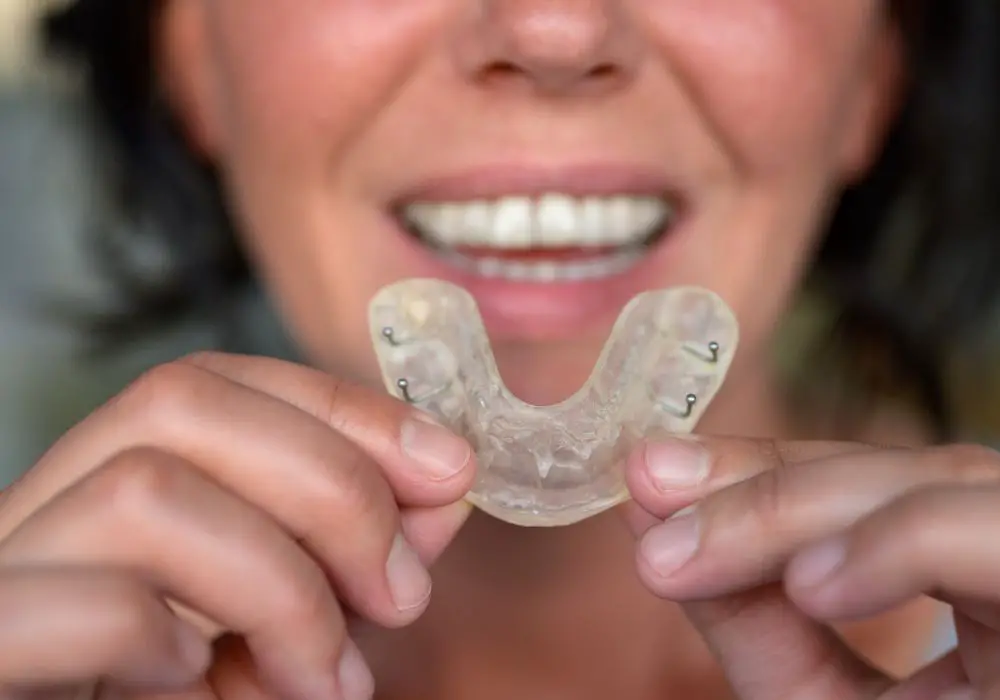
If your dentist diagnoses bruxism based on your symptoms, dental exam, and possibly an overnight sleep study, they will suggest treatments tailored to your specific case based on the suspected cause and severity of grinding. Possible professional treatments include:
Dental guard
Also called a night guard or occlusal splint, this is a custom-made mouthpiece that fits over the upper or lower teeth like a sports mouthguard. It protects teeth from damage during grinding and absorbs some of the forces. Dental guards are the most common and effective treatment for bruxism.
Botox
Injecting botulinum toxin (Botox) into the chewing muscles paralyzes them temporarily to prevent clenching and grinding. However, the effects wear off after 3-4 months so this must be repeated.
Medications
Muscle relaxants, antianxiety drugs, or sedatives may be prescribed in some instances to reduce grinding, but these carry side effects like daytime drowsiness.
Physical therapy
Massage, dry needling, ultrasound therapy, and exercises can help relieve jaw muscle tension and pain caused by bruxism. Physical therapy may complement other treatments.
Stress management
Psychotherapy, relaxation techniques, biofeedback, hypnosis, meditation, yoga, and improved sleep habits can all help reduce stress levels that contribute to grinding.
Dental procedures
In some cases where misaligned bite is the cause, grinding may improve after realignment with orthodontic treatments like braces or with restorative work like dental implants. This can remove the strain on chewing muscles.
Home remedies and lifestyle changes
There are some self-care measures you can take at home alongside professional treatment to help minimize teeth grinding and manage symptoms:
- Apply warm or cold compresses to sore jaw muscles to relieve tension and pain. Use a frozen gel pack or warm towel.
- Perform facial massages along the jaw, temples, and sides of the face to relax muscles. Use small circular motions with your fingers.
- Wear a mouthguard or night guard obtained from a pharmacy while sleeping to cushion teeth until you can get a custom splint from your dentist. These provide only minimal protection compared to custom guards.
- Train yourself not to grind or clench your teeth during the day by staying aware of the jaw position and releasing tension.
- Reduce consumption of alcohol and caffeine, especially in the evenings, as these stimulants can exacerbate grinding.
- Establish a relaxing pre-bedtime routine like taking a bath, listening to calming music, or doing light stretches.
- Use stress management techniques like deep breathing, progressive muscle relaxation, and mindfulness meditation to relieve anxiety.
- Ensure you get adequate sleep since fatigue makes bruxism worse. Follow good sleep hygiene habits.
When will teeth grinding resolve?
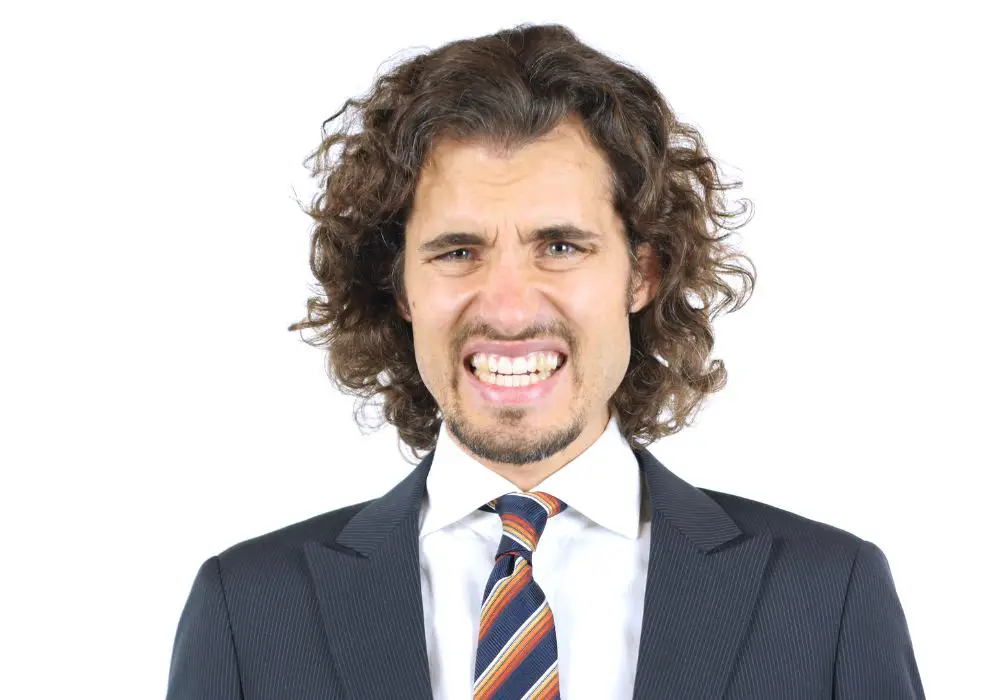
The prognosis for relieving bruxism differs considerably between temporary grinding in children and teens compared to adults with chronic bruxism. Kids often outgrow temporary bouts of grinding as their teeth come in fully and sleep patterns mature. But adult grinding rarely goes away on its own without treatment.
Children
For infants and toddlers, teeth grinding rarely leads to dental damage or problems. It typically arises during teething discomfort or ear infections then goes away as the child gets older. No treatment is required unless it persists past around age 3.
For older children, grinding may continue occasionally depending on factors like:
- Sleep – Grinding may come and go with bouts of poor sleep.
- New teeth – Grinding from dental pain usually resolves once all adult teeth come in fully around age 12.
- Growth – Jaw misalignment that causes grinding often corrects with growth in mid-childhood.
- Stress – School demands, social issues, or other childhood stressors can trigger episodes of bruxism.
If childhood grinding continues causing dental issues or pain past age 4-5, seek dental treatment.
Adults
Since bruxism is often tied to chronic lifestyle factors in adults like anxiety, medication use, and sleep disorders, it is unlikely to stop without professional intervention. Contributing issues like GERD and arthritis also persist and exacerbate grinding.
With diligent use of dental appliances, lifestyle modifications, and stress relief, adults can keep their bruxism controlled. But eliminating it entirely is challenging if underlying causes remain. Flare ups may occur during times of higher stress.
Questions and answers about teeth grinding:
Why do teeth chatter when it’s cold?
When you’re very cold, your teeth may involuntarily chatter. This reaction generates heat through rapid oscillation of the jaw muscles. It helps raise body temperature in response to lowered core temperature.
Blood moves toward the internal organs when chilled to protect vital functions, leaving the extremities vulnerable. Shivering and teeth chattering generate kinetic energy as the muscles contract and relax quickly to warm the body by several degrees.
Why do people grind their teeth during sleep?
Since bruxism often occurs during transitions in sleep stage, it is closely tied to arousals and disruptions in sleep architecture. Anything altering normal sleep patterns can trigger grinding. The physical motions of clenching and grinding may help the jaw reposition itself during shifts in sleep depth.
Psychological stress and anxiety are also major contributing factors to sleep bruxism. Grinding may provide an outlet for built up tension. Other sleep disorders like sleep apnea that impair restful sleep likely play a role as well.
Can severe teeth grinding lead to tooth loss?
Absolutely. Significant bruxism can cause severe tooth damage. The grinding motion damages tooth enamel and exposes the more delicate layers beneath. With the enamel worn away, teeth become vulnerable to decay and infection.
Cracks and fractures in teeth from excessive grinding also allow bacteria to enter and infect the pulp inside. This is intensely painful and often requires root canal therapy or extraction if the infection spreads to the root.
To prevent tooth loss and dental injuries, anyone with severe bruxism needs prompt treatment with a night guard and possibly bite adjustment.
What damage can too much teeth grinding cause?
Extensive teeth grinding can damage teeth, jaw muscles, and joints in various ways:
- Rapid wearing down of tooth enamel that exposes sensitive areas
- Increasing risk of tooth fractures and cracks
- Receding gums and deterioration of jaw bone
- Development of TMJ joint pain and dysfunction
- Constant tension headaches and muscle soreness
- Chronic pain and arthritis in the jaw joints
See a dentist immediately if you have any combination of these symptoms so steps can be taken to prevent long term dental health consequences and pain problems. A custom night guard is usually the first line of defense against damage.
How can I stop constantly grinding my teeth?
See your dentist for an evaluation so they can diagnose bruxism and check for existing dental damage. They will likely fit you with a custom night guard appliance to prevent grinding and may also recommend medications or physical therapy to address symptoms.
You can additionally employ at-home remedies between dental visits, like massaging jaw muscles, applying heat/cold packs, doing gentle jaw stretches, drinking chamomile tea to relax, and using mindfulness techniques to reduce stress. Avoiding alcohol and caffeine before bedtime may also help.
But be sure to get professional advice tailored to your situation for the best results in curbing your grinding long term. It may take some trial and error.
Why has my teeth grinding gotten worse lately?
If you notice your bruxism has increased recently, think about any lifestyle changes that may be contributing:
- Increased stress at work or home
- A disruption to your normal sleep routine
- Drinking more caffeinated or alcoholic drinks
- Starting a new medication
- Hormonal shifts like menopause
- Development of a health issue like acid reflux
Discuss the worsening symptoms with your dentist and physician so steps can be taken to identify and address the underlying cause. With some adjustment and relief of triggers, the heightened grinding should subside.

